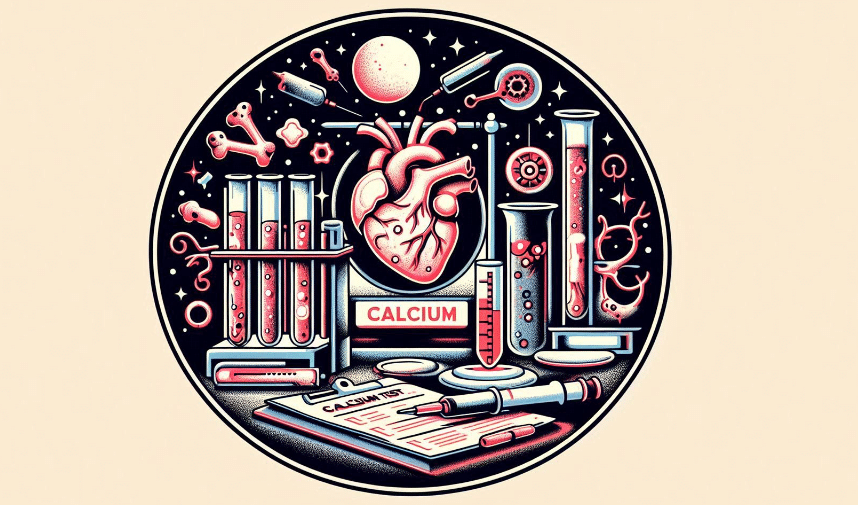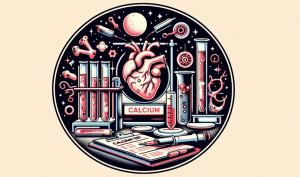What is a Calcium Test?
A Calcium Test is a blood test that measures the level of calcium in your bloodstream. Calcium is an essential mineral that plays a critical role in many bodily functions, including building and maintaining strong bones and teeth, muscle contraction, nerve function, blood clotting, and hormone regulation.
Why Do You Need a Calcium Test?
Your healthcare provider may order a calcium test if:
- You have symptoms suggesting abnormal calcium levels: These symptoms can include fatigue, muscle cramps, weakness, bone pain, confusion, or irregular heartbeat.
- You’re at risk for calcium imbalances: Certain conditions such as kidney disease, parathyroid disorders, or malabsorption issues can affect calcium levels.
- You’re monitoring treatment: If you’re receiving treatment for a condition affecting calcium levels, regular testing is essential to assess its effectiveness.
What Does a Calcium Test Measure?
There are two main types of calcium tests:
- Total calcium test: Measures the total amount of calcium in your blood, both bound to proteins and free (ionized) calcium.
- Ionized calcium test: Measures only the free (ionized) calcium, which is the active form responsible for most bodily functions.
Preparing for the Test
Generally, no special preparation is required for a calcium test. However:
- Fasting: Some labs might recommend fasting for a certain period (usually 8-12 hours) before the test. Check with your healthcare provider.
- Medications: Inform your doctor about any medications or supplements you’re taking, as some can affect calcium levels.
Understanding the Results
Normal total calcium levels typically range between 8.5 to 10.5 mg/dL. Normal ionized calcium levels usually fall between 4.65 to 5.28 mg/dL. Interpretation can vary slightly depending on the lab and individual factors.
- Low levels (hypocalcemia): Can lead to symptoms like muscle cramps, numbness or tingling, seizures, and irregular heartbeat.
- High levels (hypercalcemia): Can cause symptoms like fatigue, weakness, nausea, vomiting, constipation, and kidney stones.
- Normal levels: Indicate adequate calcium status.
Risk Factors and Prevention
Several factors can increase the risk of calcium imbalances:
- Dietary factors: Inadequate calcium intake or vitamin D deficiency can lead to hypocalcemia.
- Medical conditions: Kidney disease, parathyroid disorders, malabsorption syndromes, and certain medications can affect calcium levels.
- Age: Older adults, especially women, are at a higher risk of osteoporosis (weak bones) due to decreased calcium absorption.
Prevention and management involve:
- Balanced diet: Include calcium-rich foods like dairy products, leafy green vegetables, and fortified foods in your diet.
- Adequate Vitamin D intake: Vitamin D helps your body absorb calcium effectively. Get enough sunlight exposure or consider supplements if needed.
- Exercise: Regular weight-bearing exercise helps maintain bone health.
- Medications: If you have a condition affecting calcium levels, your doctor might prescribe medication to manage it.
Remember, maintaining proper calcium balance is crucial for overall health. Regular check-ups and discussions with your healthcare provider are important, especially if you have risk factors for calcium imbalances.

 7351982473
7351982473











